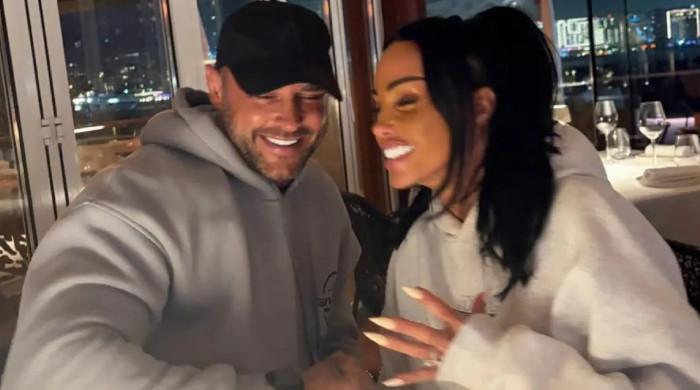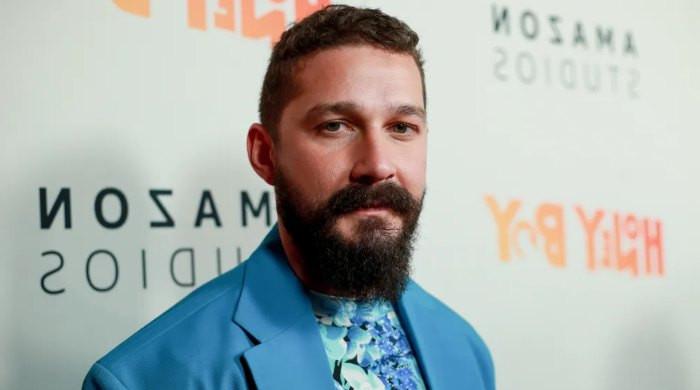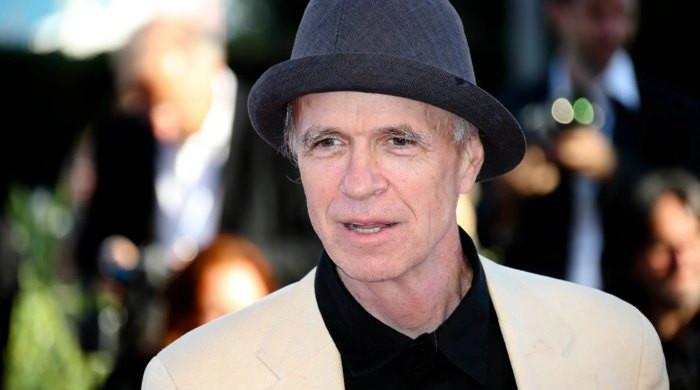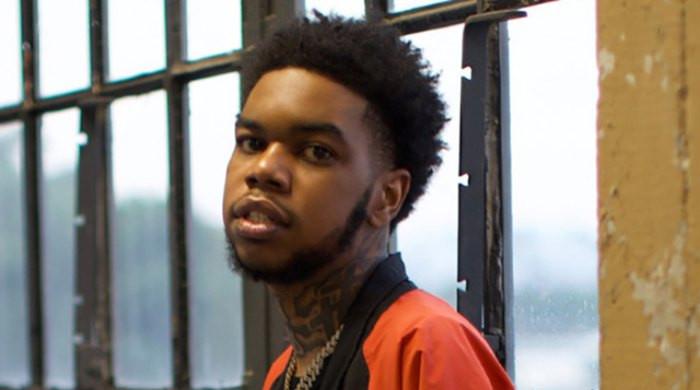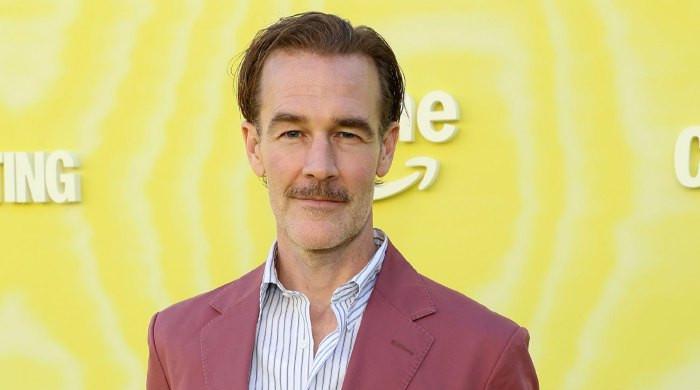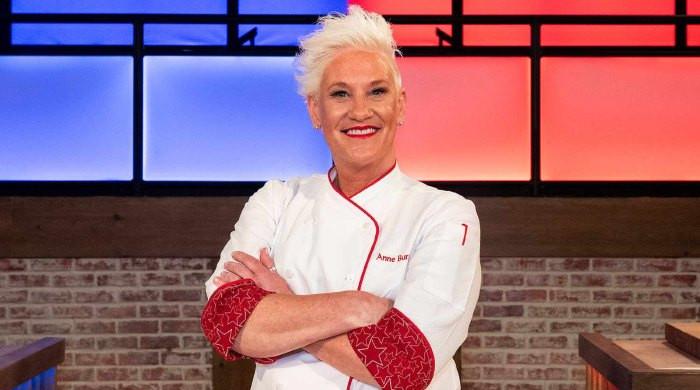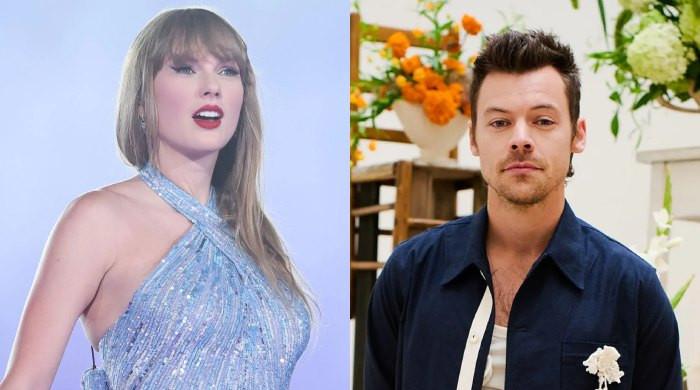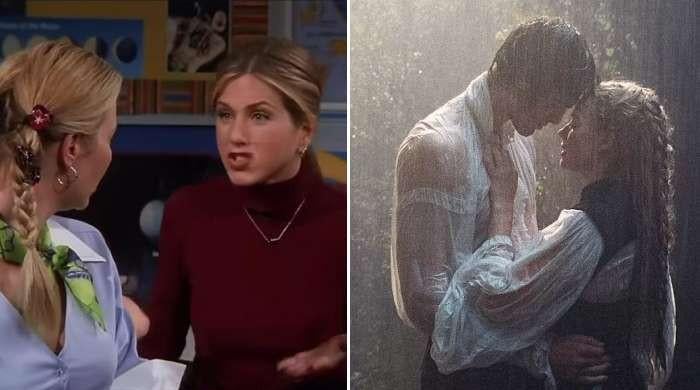The man who gave ‘Armaan’ to this nation!
Remembering Pakistan icon Waheed Murad
October 01, 2016
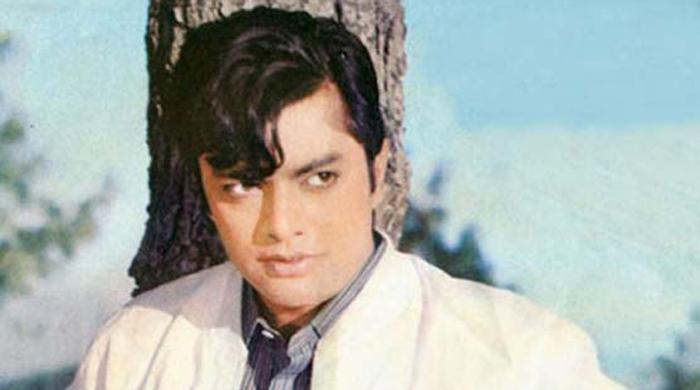
It was exactly 50 years ago, when on 2nd October Waheed Murad, the heartthrob of the nation, celebrated his 28th birthday, and his first as a successful producer, story writer and lead actor of Pakistan’s first Platinum Jubilee Armaan. The movie released in March 1966 broke all records and went on to become country’s first Platinum Jubilee flick.
The meaning of Armaan comes out as ‘Desire, Hope’ and this film, certainly was the hope for the nation and for the industry, which just came out of a bloody 17-day war with India.
Situation in the country 50 years ago was very similar to the present. The screening of Indian films was stopped after the war, and there was a chance that Pakistan film industry, which was in its teens, might fall flat on its face. The film makers of those days had made ‘name and fame’ before Partition and were on their last legs. Fresh blood was required and with that, came Armaan.
It was taken up as a challenge by four youngsters, namely Waheed Murad (Producer), Sohail Rana (Musician), Pervez Malik (Director) and Masroor Anwar (Lyricist, Dialogue Writer) who made sure that the industry flourishes, and it did. Waheed Murad was the driving force behind the team Armaan as he brought everyone together. Sohail Rana, Masroor Anwar and Pervez Malik, all from different backgrounds, were working together because of just one man, Waheed Murad.
The film starts from a prank played by a young man, bound to select one lady from two for marriage. He switches places with his best friend Shahid, but ends up when he faces reality, as he finds that the things were not as he was expected.
His love for ‘Najma’, a character played by Zeba, was genuine, but he got entangled in a tense situation, which had shades of dishonesty, deceit and untruthfulness, stopping him for achieving his dreams. He did achieve what he desired, but considerable amount of time was lost.
There were some references in the movie which can take you back in 1966. The moment when Khan Bahadur (Zahoor) asks Shabban about his son getting a reply ‘Nasir Mian Cricket ka match khelnay gaye hain’. Khan Bahadur said, ‘’aray bewaqoof, koi raat me bhi cricket ka match khelta hai??’’ Floodlight cricket was still 13 years away, and it was introduced when Waheed Murad was still playing male lead in Pakistani movies.
The second reference only elders like me can relate to is the calling system. Nasir, who is staying in Murree, calls the telephone operator in a scene, asking to cancel a ‘trunk call’ booked for Karachi. Trunk call, in the days of mobile phones and cheap calling cards, is really like a thing of the past.
And last but not the least, the opening song was picturised in a nightclub, and nightlife and clubs are nowhere to be seen in Pakistan of today.
The shooting of the film was remarkable as half of the film was shot before the War of 1965, and half, afterwards. The indoor shooting commenced in Eastern Studios Karachi and after a gap in September, the team left for the outdoor shoot in Murree.
The dialogues of Armaan were penned by Masroor Anwar, the legendary lyricist of Pakistan film industry. Masroor sahab was asked by Director to write the dialogues as Pervez Malik himself was doing the screenplay and he thought someone with the whole idea of the story was best to write them. Masroor Anwar turned out to be an excellent dialogue writer as he penned dialogues to a story for which he had written the songs too. The result is that the poetic dialogues are even quoted today after half a century after Armaan’s release. I bet anyone who has watched the movie once, can’t resist quoting the dialogues in routine talk.
The music of Armaan can be termed as classic. Not a single song from the movie seems out dated. Kokokoreena is considered an anthem among youngsters even now and is still the most sung Pakistani song. Several versions of Akele Na jaana are the soul of the film. Ahmed Rushdi’s Zindagi apni thi ab tak, Betaab ho udhar tum, Jab Pyar me do dil and Naseema Shaheen’s Oonth pe baitha mera munna are ageless songs and can give current soundtracks a run for their money.
Ahmed Rushdi bagged the Nigar Award for the Best Singer for Akele Na Jaana that year! Sohail Rana, Waheed Murad and Pervez Malik also got Awards that year for their respective roles.
Nazr-ul-Islam, who later became a top-notch director of mid 70s and 80s, is believed to have been obsessed with this flick. He is believed to have named his son Armaan born the same year the movie was released and even forced actor Faisal Rehman to adopt Armaan as his film name before his debut in Nahin abhi Nahin. Nazr-ul-Islam had earlier named his heroine in blockbuster Aaina (released in 1977) as Najma, somewhat a tribute to Zeba of Armaan.
Had Waheed Murad been alive, he would have been celebrating his 78th birthday with his family. I was a kid, when the legendary star passed away, at 45 years of age, in 1983. It was a turnaround of events that I managed to watch most of his movies on NTM in the 1990s, got hold of VHS cassettes of his songs from Karachi’s Rainbow Centre in the downtown for a good 100 rupees, learnt all his songs by heart from available audio cassettes and even travelled to Lea market (didn’t know it was part of Karachi’s biggest slum Lyari), to record ‘songs which were not available in regular shops’ for 5 rupees each.
It’s a sheer coincidence that my passion took me closer to Mr. Adil Murad, son of Waheed Murad. Whenever we meet, talk or even chat, it takes me back in time. Although I met Great Muhammad Ali in March 1996 when the Cricket World Cup was going on in Pakistan, had the honour of interviewing Nadeem Baig just last year, the only regret I have is of not meeting Waheed Murad. Filmi though it might sound to mention, but telling the truth, I do have a contact with my star. Yes. And that’s his family that makes me feel this way. Befriending Adil, undoubtedly, gives a sense of meeting the man himself!




